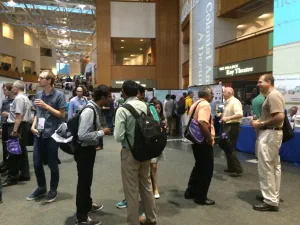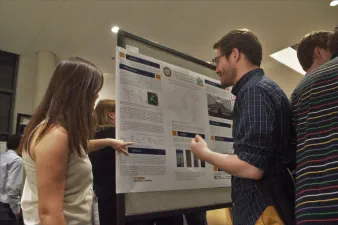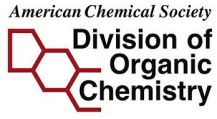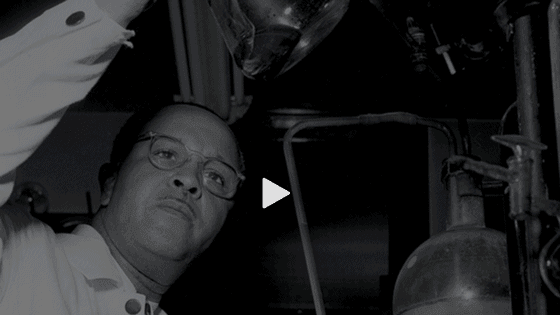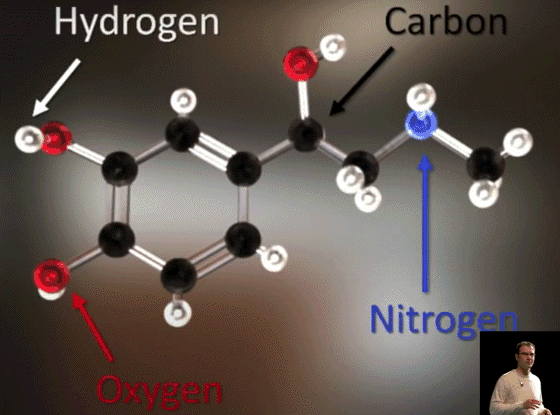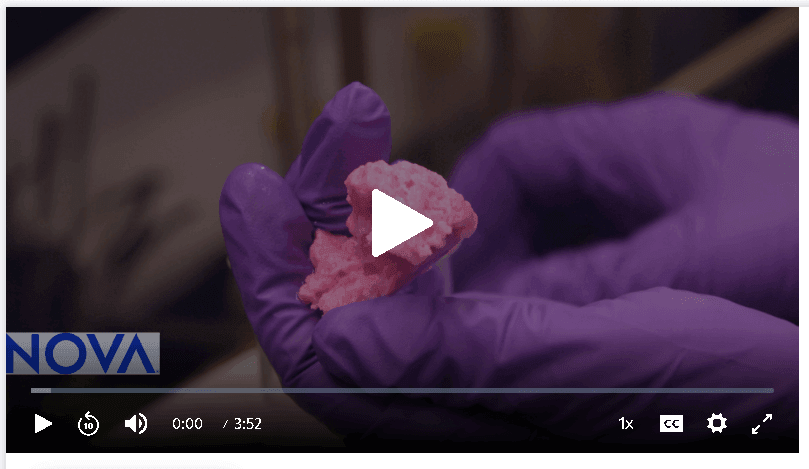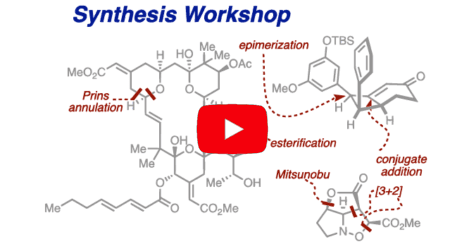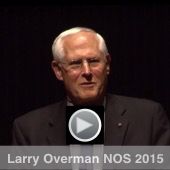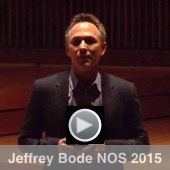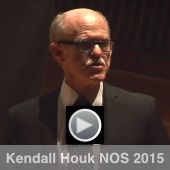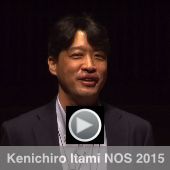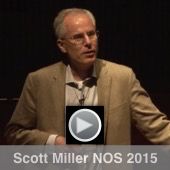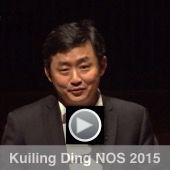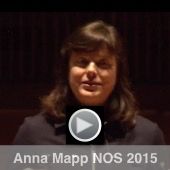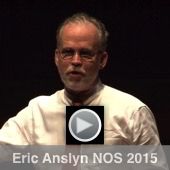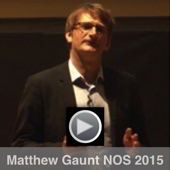Other Organic Chemistry Videos
Other Notable Organic Chemistry Videos
The Division webmasters have compiled a page of other noteworthy videos from around the web. While most of these videos are not the product of the Division, they are of likely to be of interest to the diverse membership of the division.
Forgotten Genius | Against all odds, African American chemist Percy Julian became one of the great scientists of the 20th century. | PBS
Dr. Percy Julian was a man of genius, devotion, and determination. The grandson of enslaved people from Alabama, Dr. Percy Julian met with every possible barrier in a deeply racist and segregated America. As one of the first Black chemists, he fought to make a place for himself in a profession and country divided by bigotry. At the height of his career, Dr. Julian had reached unparalleled levels of scientific and personal achievement, overcoming countless obstacles to become a world-class scientist, a self-made millionaire, and a civil rights pioneer.
A Crash Course in Organic Chemistry | Jakob Magolan | TED
A TED Talk by Jakob Magolan. Who wants to change your perception of organic chemistry. In an accessible talk packed with striking graphics, he teaches the basics while breaking the stereotype that organic chemistry is something to be afraid of.
Types of Plastic | Beyond the Elements | PBS
The history of plastics like Bakelite, nylon, and foam are discussed in the NOVA videos: Beyond the Elements. The videos are designed for students in the 6th-8th grades.
PBS and NOVA science are tremendous educational resources. The linked videos are chemical examples from the PBS repository of educational videos.
Organic syntheses and chemistry culture | Matthew Horwitz | Synthesis Workshop
Synthesis Workshop provides open access professional presentations of organic synthesis and chemistry culture. The Synthesis-workshop.com website and associated YouTube channel maintain a high standard of organic chemistry education despite pandemic conditions.
The workshops are created and organized by Matthew Horwitz, who is a Marie Sklodowska-Curie Fellow in the Department of Chemistry at the University of Oxford. Dr. Horwitz previously earned a BA in Biochemistry from Columbia University, a PhD from UNC-Chapel Hill, and has conducted research in the USA, Japan, China, Spain, and the UK.
The face of disease in Sub-Saharan Africa | Richmond Sarpong | TEDxBerkeley
Richmond Sarpong, who was born in Ghana, West Africa, is a professor of chemistry in the Department of Chemistry at the University of California, Berkeley, where he has been since 2004. He moved to the United States in 1991 after a childhood and adolescent years in Ghana, Zambia, and Botswana, respectively.
What do you think of when you hear, “disease in sub-Saharan Africa?” Richmond Sarpong invites us to reject stereotypes and redefine the face of disease in Africa.
Sorry, only members of the Organic Division can access this page.
You can join the Division for only $20.
If you think this message is in error, please contact us
Sorry, only members of the Organic Division can access this page.
You can join the Division for only $20.
If you think this message is in error, please contact us
Sorry, only members of the Organic Division can access this page.
You can join the Division for only $20.
If you think this message is in error, please contact us
Sorry, only members of the Organic Division can access this page.
You can join the Division for only $20.
If you think this message is in error, please contact us
Sorry, only members of the Organic Division can access this page.
You can join the Division for only $20.
If you think this message is in error, please contact us
Sorry, only members of the Organic Division can access this page.
You can join the Division for only $20.
If you think this message is in error, please contact us
Sorry, only members of the Organic Division can access this page.
You can join the Division for only $20.
If you think this message is in error, please contact us
Larry Overman – NOS 2015
Sorry, only members of the Organic Division can access this page.
You can join the Division for only $20.
If you think this message is in error, please contact us
44Th NATIONAL ORGANIC SYMPOSIUM
June 28–July 2, 2015, University of Maryland, College Park, MD.
The Division of Organic Chemistry is pleased to provide the following videos to all members free of charge.

